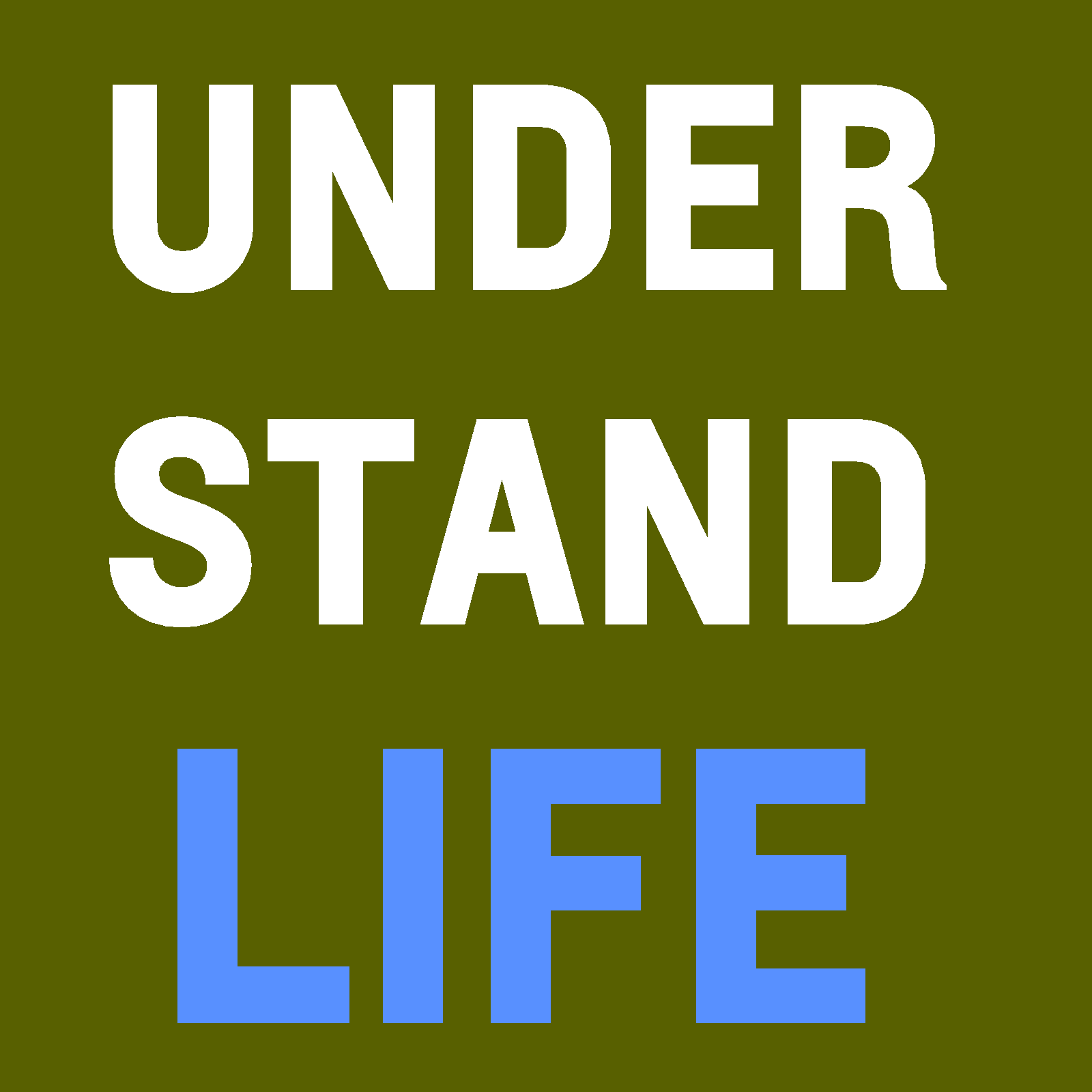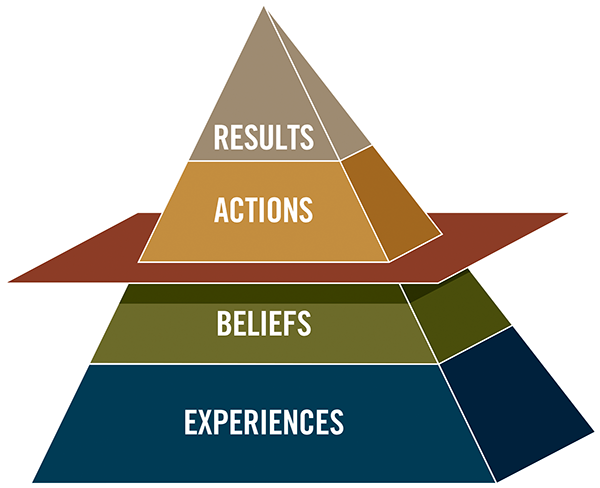
Episode 47.
Why Do People Have Kids?
Question:
Why do people have Children?
Key Points:
- Talked about diagram (below) which shows that experiences lead to beliefs which lead to actions which lead to results.
- The image has a red "sheet of paper" with unseen things below it and seen things above it.
- None of us know the exact link between all of our beliefs and our experiences.
- The question is: what are the beliefs that people might have which cause them to take the actions needed to intentionally have kids
- 1. Some people are wrong about choices that they take and they are not actually happier
- 2. Different people think about different time periods in the future. The choice to have kids could have people thinking about thier life when they are pregnant, have young kids, middle schoolers, high schoolers, or adult children.
- We can think about why different personality types in Quadrant Theory are likely to want kids.
- Type 1s usually like the "littles" stage because they are looking for joy and spontenaity
- Type 2s are looking for love. This is often the most from the 3-7 age range
- Type 3s like accomplishment and the pride they can get from their kids. This increases the older their kids get, generally. Sometimes peaking in high-school or other times in adulthood.
- Type 4s are rule followers. Therefore, they like to make rules and have their kids follow them and so especially want to "do what they are supposed to."
- Many people feel like they are expected to have kids. It is normal. Why is this?
- 1000 years ago, when most people were peasants, children would help do chores and also act as "long term care insurance" by taking care of you when you get older.
- This continued, to some extent, all the way until the 20th century.
- During the late 1930s and early 1940s, America went through a large change in what was considered normal. There are multiple causes, including a lot of legistation (though legislation happens due to public sentiment, to some extent).
- This resulted in a "nuclear family". This was a luxury at that time, but it is now seen as normal and expected...in a large portion of the developed world.
- This has ultimately resulted in children being "Economically worthless but emotionally priceless"
- This lack of economic value has significantly decreased the birth-rate/couple (going from 7 to less than 2 since the founding of America)
- In the 1970s, it would have been seen as unusual to not have kids as less than 5% of couples did not. Now, only 50 years later, over 20% of married couples do not have children
- Reasons that we believe people do have children:
Theory Nieman Kids Response Biological impulse to procreate Not a big factor People enjoy being around children (especially for quadrant types 1 and 2) Plausible for others but not for them People will be proud of their kids, especially as they grow up Yes, plausible For Love: to learn to love and get love in return Yes People believe that they will be "better" at raising kids (better than their parents did, than average, than they turned out, etc) Maybe. If people think that, then it would make sense to have kids, but not sure if people think that Having kids is "Normal" Yes this is why, but wishes that this wasn't true - Conclusion: People generally have kids because they believe that they will be happier, because: they enjoy kids, they will be proud of their kids, they will be loved by their kids, or they will feel more normal with kids
Pictures:

